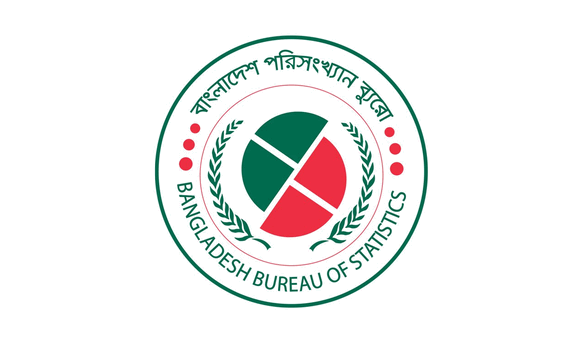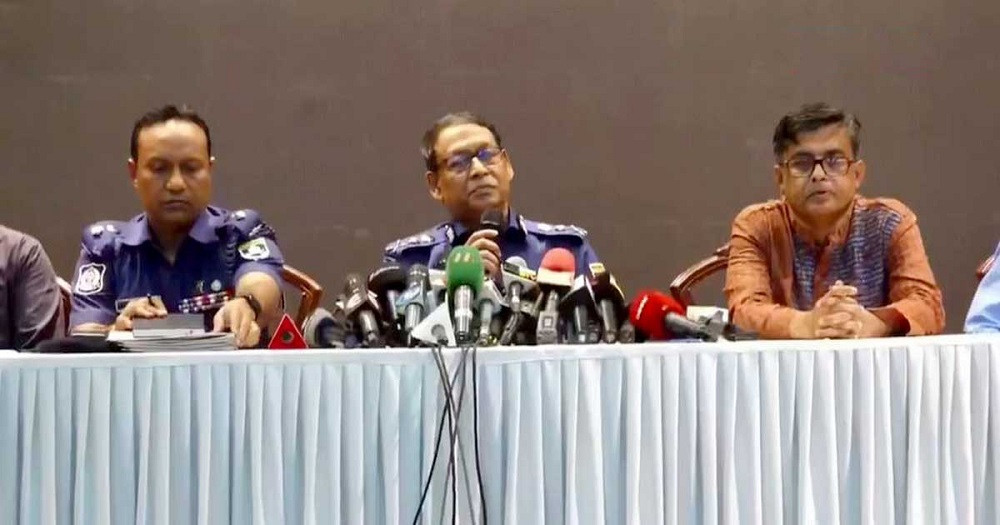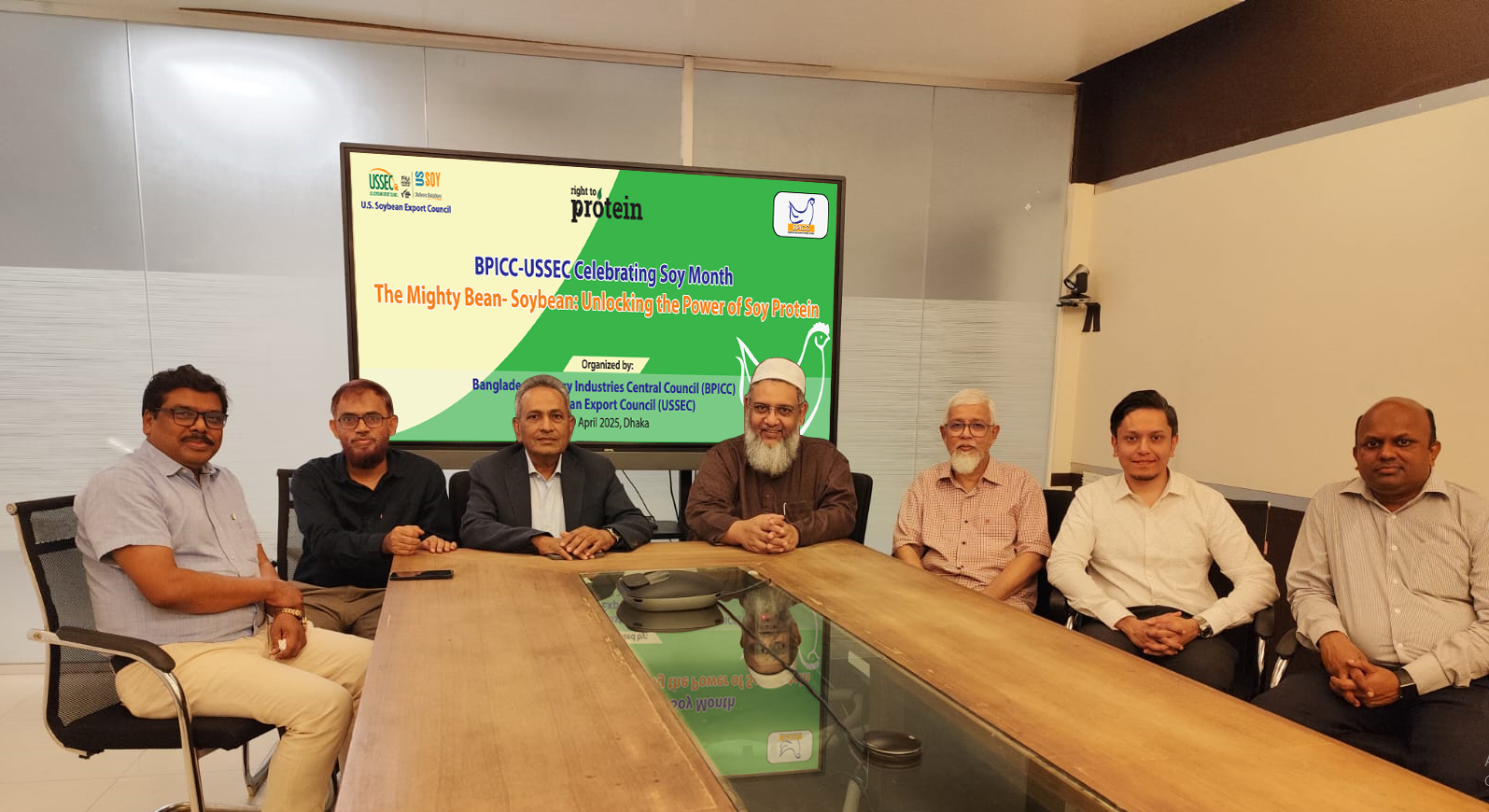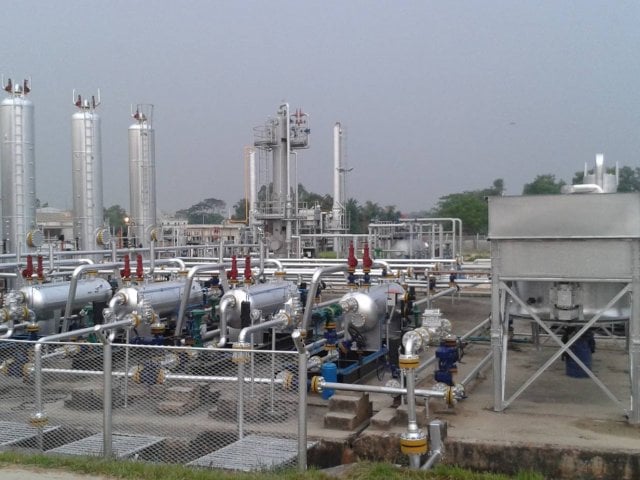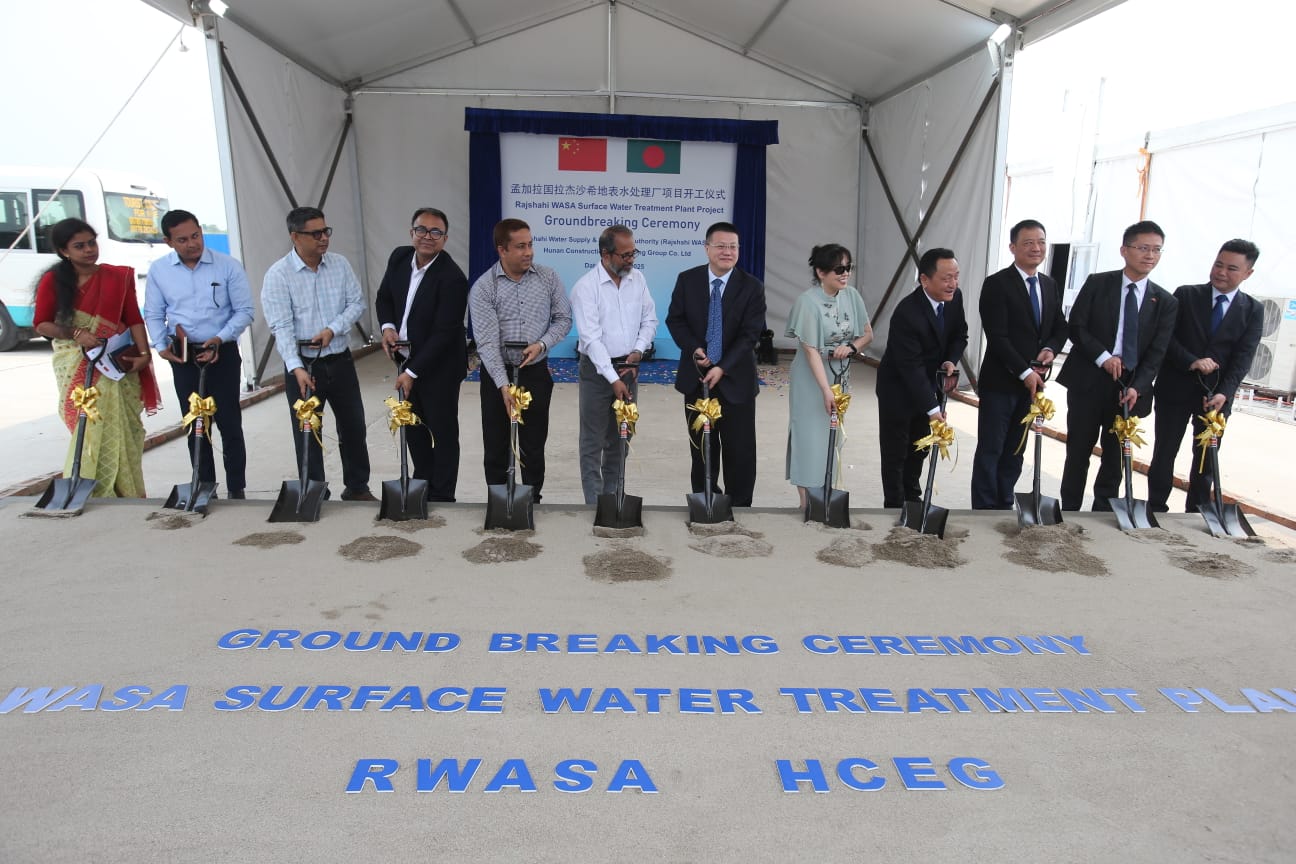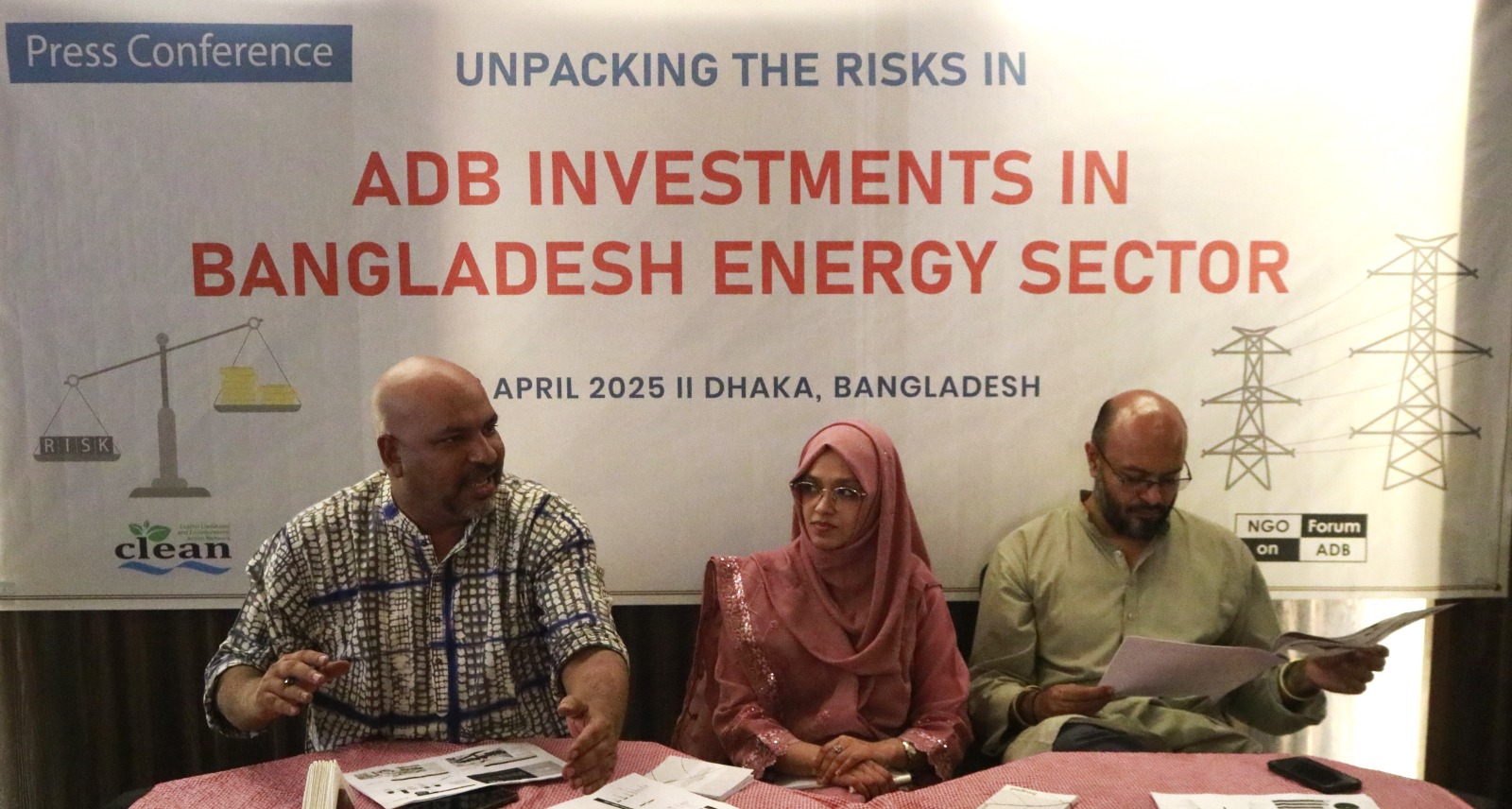
The Asian Development Bank (ADB) is facing sharp criticism from civil society organizations over its $17.34 billion investment in Bangladesh’s energy sector; the vast majority in fossil fuel-based projects. The analysis was presented on Tuesday at a press conference titled “Unpacking the Risks in ADB’s Investments in Bangladesh,” held at Banglamotor in the capital.
The event was jointly organized by the NGO Forum on ADB and the Coastal Livelihood and Environmental Action Network (CLEAN), in the lead-up to the ADB’s 58th Annual General Meeting.
Speakers highlighted the multilateral lender of deepening Bangladesh’s energy and environmental crises by maintaining a one-sided investment model that prioritizes fossil fuels over renewable alternatives.
NGO Forum on ADB analyzed that, ADB has supported 106 energy projects in Bangladesh since 1973.
A significant portion of this funding has been directed toward fossil fuel-based power generation, oil and gas distribution, and related transmission infrastructure. Of these projects, 67—worth $9.84 billion—have already been closed, raising concerns about the bank’s project planning, sustainability, and long-term strategy.
The analysis further reveals that 65% of ADB’s energy investments in the country—amounting to $11.36 billion—lack any safeguard classification, underscoring serious transparency and accountability issues. Only 7.95% of project funds are allocated to high-risk environmental considerations, and a mere 0.35% ($60.58 million) has been earmarked for resettlement and community safeguards.
“These figures cast serious doubt on ADB’s commitment to sustainable development,” said Sharmin Bristy, Fossil Fuel Campaigner at the NGO Forum on ADB.
Rayyan Hassan, Executive Director of the NGO Forum on ADB, highlighted the disparity in funding between fossil fuel and renewable energy projects: “Of the $4.88 billion ADB has invested in electricity generation in Bangladesh, 82.9% went to fossil fuel-based projects. In contrast, just 2.55% was invested in solar energy—and not a single dollar in wind power. The cost per megawatt is also telling: fossil fuel projects receive $2.04 million per MW, while solar gets only $0.51 million.”
He strongly urged that- “ADB must undergo an urgent policy overhaul to embed a proactive fossil fuel phase-out strategy, champion a just and equitable energy transition, align financing with the Paris Agreement to prevent carbon lock-in, prioritize regionally viable clean energy solutions, and decisively shift away from fossil fuel dependency to uphold environmental integrity and meet global climate goals.”
Analyzing ADB’s energy financing in Bangladesh, Hasan Mehedi, Chief Executive of CLEAN, said that ADB invested in a 165-kilometer-long gas pipeline project from Bheramara to Khulna—even though it was well aware that Bangladesh lacks sufficient gas supply. Relying on imaginary gas, it further invested in two gas-based power plants in Khulna with capacities of 225 MW and 800 MW.
However, due to the shortage of gas, these projects have remained idle for years, becoming a burden on the people. As a multilateral development bank, ADB should not be engaging in such actions.
He strongly emphasized, “Bangladesh is on the frontlines of the climate crisis, yet ADB continues to finance fossil fuel projects that increase our vulnerability and rob us of a livable future. Therefore, ADB must change its energy policy and move entirely toward renewable energy sources.”
CLEAN and NGO Forum on ADB outlined three key demands to ADB at the event.
End all fossil fuel financing and support a just energy transition. Implement robust safeguards that include Free, Prior, and Informed Consent (FPIC) and respect for human rights. Reject carbon markets, greenwashing practices, and corporate-led pseudo climate solutions.



